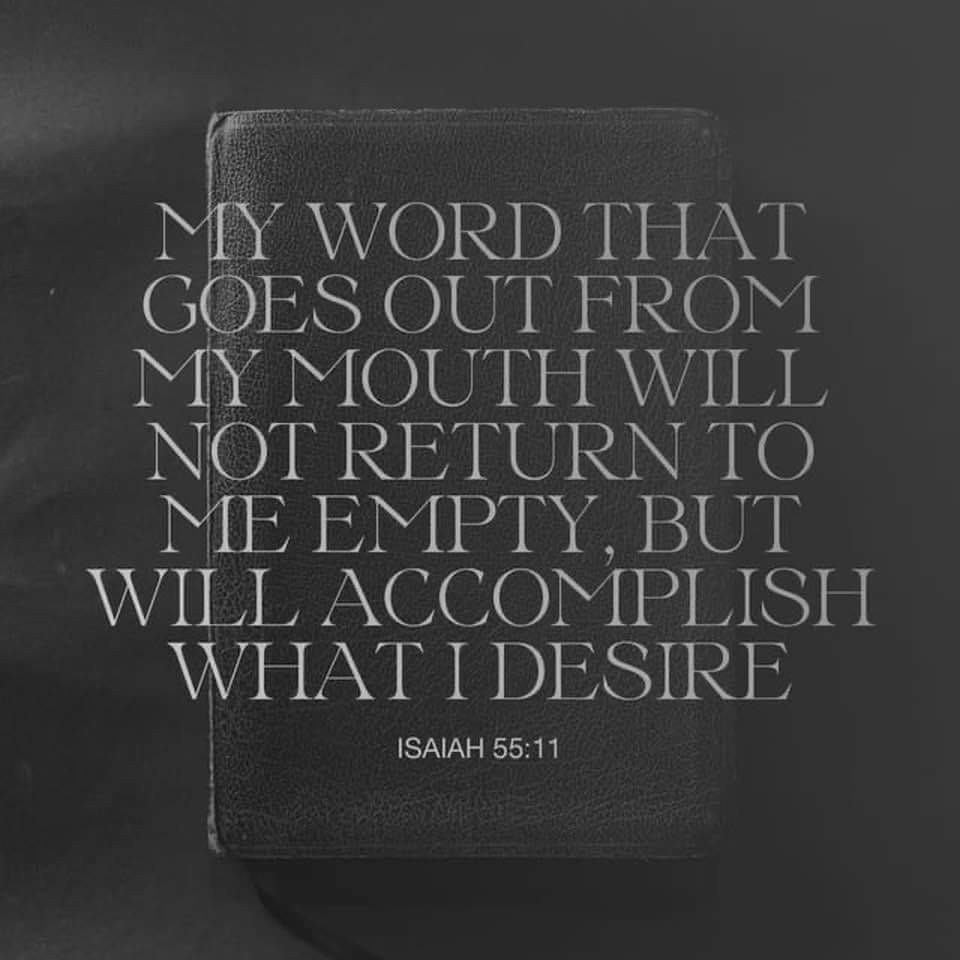Watch
Events
Articles
Market
More
The word of Elohim is the will of Elohim.
And His basic instructions are in the Torah תּוֹרָה.
The Torah (תּוֹרָה) is Love (אַהֲבָה). (Matt 22:37-40)
And יֵשׁוּעַ Yeshua said to him, " ‘You shall love יְהֹוָה your Elohim with all your heart, and with all your being, and with all your mind.’
Mattithyahu (Matthew) 22:37 TS2009
“This is the first and great command. And the second is like it, ‘You shall love your neighbour as yourself.’ On these two commands hang all the Torah and the Prophets.
Mattithyahu (Matthew) 22:38-40 TS2009
The Torah is Freedom. (Psalms 119:45/Ya‛aqoḇ 1:25)
That I might walk in a broad place, For I have sought Your orders; Tehillim (Psalms) 119:45 TS2009
But he that looked into the perfect Torah, that of freedom, and continues in it, not becoming a hearer that forgets, but a doer of work, this one shall be blessed in his doing of the Torah. Ya‛aqoḇ (James) 1:25 TS2009
The Torah is Knowledge. (Hosea 4:6)
“My people have perished for lack of knowledge. Because you have rejected knowledge, I reject you from being priest for Me. Since you have forgotten the Torah of your Elohim, I also forget your children. Hoshĕa (Hosea) 4:6 TS2009
The Torah is Wisdom. (Psalms 19:7)
The Torah of יְהֹוָה is perfect, bringing back the being; The witness of יְהֹוָה is trustworthy, making wise the simple; Tehillim (Psalms) 19:7 TS2009
The Torah is Perfect. (Psalms 19:7)
The Torah of יְהֹוָה is perfect,
Tehillim (Psalms) 19:7 TS2009
The Torah is Truth. (Psalms 19:9)
Arise, O יְהֹוָה, Do not let man prevail; Let the nations be judged before Your face.
Tehillim (Psalms) 9:19 TS2009
Your righteousness is righteousness forever, And Your Torah is truth. Tehillim (Psalms) 119:142 TS2009
You are near, O יְהֹוָה, And all Your commands are truth. Tehillim (Psalms) 119:151 TS2009
Your Torah is Perfection. (Psalms 119:165/Ps 91:4)
Great peace have those loving Your Torah, And for them there is no stumbling-block.
Tehillim (Psalms) 119:165 TS2009
He covers you with His feathers, And under His wings you take refuge; His truth is a shield and armour.
Tehillim (Psalms) 91:4 TS2009
The Torah is Healing. (Deut 7:15/Exodus 15:26)
“And יְהֹוָה shall turn away from you all sickness and put on you none of the evil diseases of Mitsrayim which you have known, but He shall put them on all those who hate you.
Deḇarim (Deuteronomy) 7:15 TS2009
And He said, “If you diligently obey the voice of יְהֹוָה your Elohim and do what is right in His eyes, and shall listen to His commands and shall guard all His laws, I shall bring on you none of the diseases I brought on the Mitsrites, for I am יְהֹוָה who heals you.”
Shemoth (Exodus) 15:26 TS2009
The Torah is Prosperity. (Deuteronomy 28:8)
“YeHoVaH יְהֹוָה commands the blessing on you in your storehouses and in all to which you set your hand, and shall bless you in the land which יְהֹוָה your Elohim is giving you.
Deḇarim (Deuteronomy) 28:8 TS2009
The Torah is Holy. (Romans 7:12)
So that the Torah truly is set-apart,
The Torah is Good. (Romans 7:12)
The Torah is Just. (Romans 7:12)
So that the Torah truly is set-apart, and the command set-apart, and righteous, and good.
The Torah is Spiritual. (Romans 7:14)
For we know that the Torah is Spiritual, but I am fleshly, sold under sin.
Romiyim (Romans) 7:14 TS2009
The Torah is Pure. (Psalm 19:8)
The orders of יְהֹוָה are straight, rejoicing the heart; The command of יְהֹוָה is clear, enlightening the eyes;
Tehillim (Psalms) 19:8 TS2009




Yo #musicmonday Crew! ??
We're live streaming our music on YouTube this evening.



https://firstcenturychristiani....ty.net/get-your-kids



https://open.spotify.com/track..../1ADytpulHXtkVmwmXXw



I set out to destroy Joseph because the Prince of Deceit blinded me with #jealousy. -Simeon #twelvepatriarchs
Proverbs 25:21-22 has something to say about envy and the desire for vengeance.



Hi All
When do you celebrate the New Moon, and thus Rosh Hashana?
Just wondering why the Sabbath of Rosh Hashana is celebrated the day before the new moon? If the New Moon is on September 16th at 7 PM Israel time, should not this mark the beginning of the Sabbath, as days start at night in scripture? (Gen 1:5, 8, 13, etc)
If the New Moon is only after the day then the sighting of it would not tell us when it starts but that it is over.
Also, do they blow the silver trumpets in Israel, as commanded in Numbers 10:10?
Have a great noisy Feast of Shouting!!!



I was very strong and feared nothing. My heart was hard, liver immovable, bowels without compassion. -Simeon #twelvepatriarchs
Compare Simeon's attitude to Judah's later in his life: "Now therefore, please let your servant remain instead of the boy as a servant to my lord, and let the boy go back with his brothers." Genesis 44:33 ESV



Nahir G
Delete Comment
Are you sure that you want to delete this comment ?